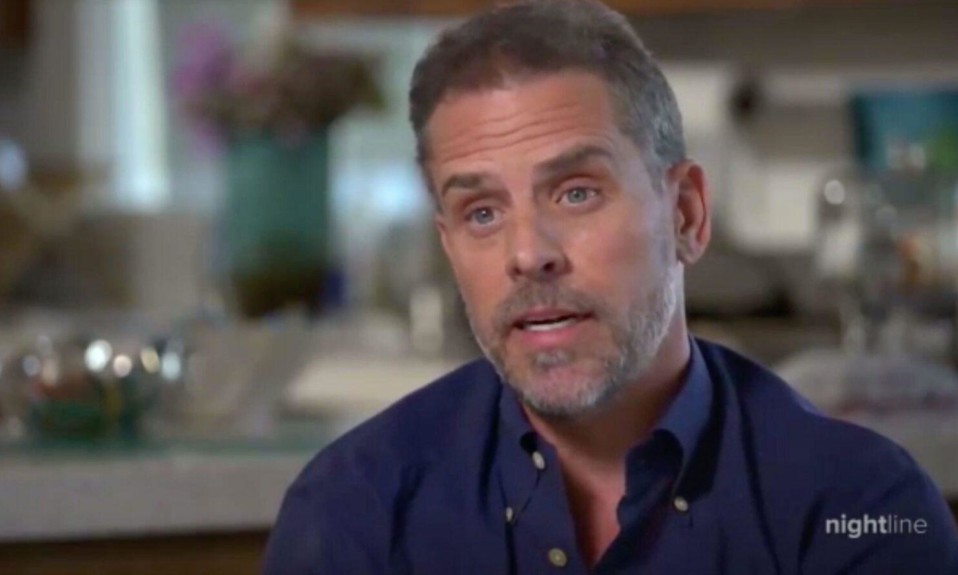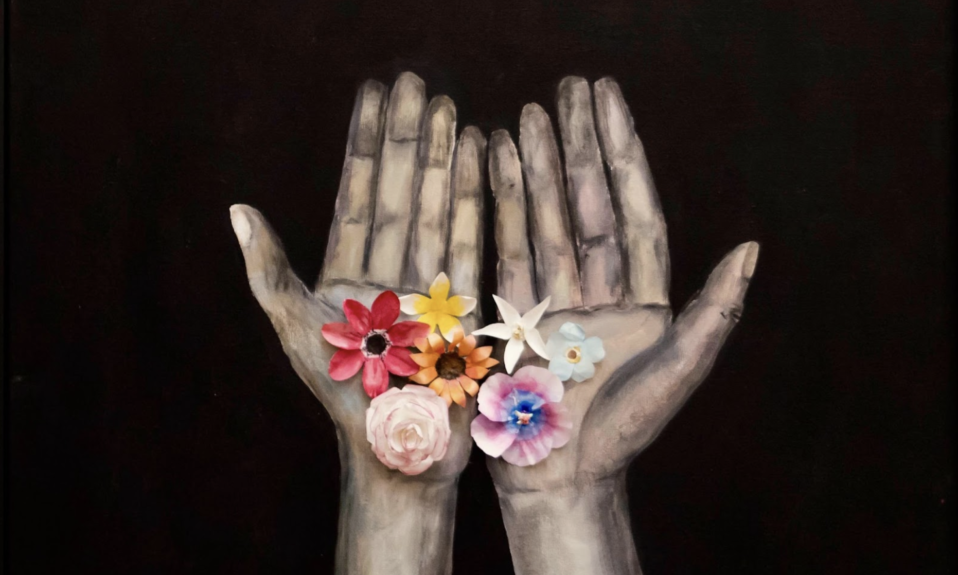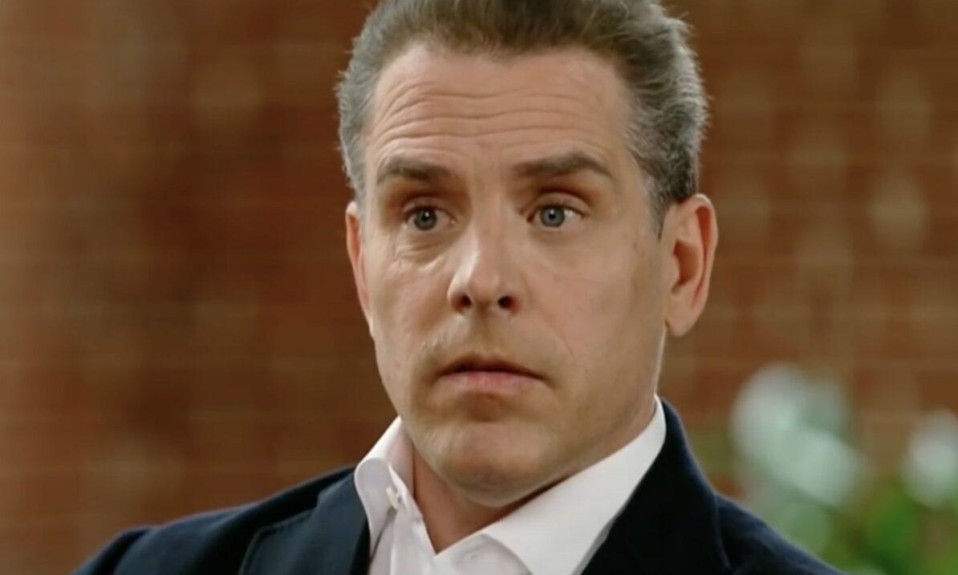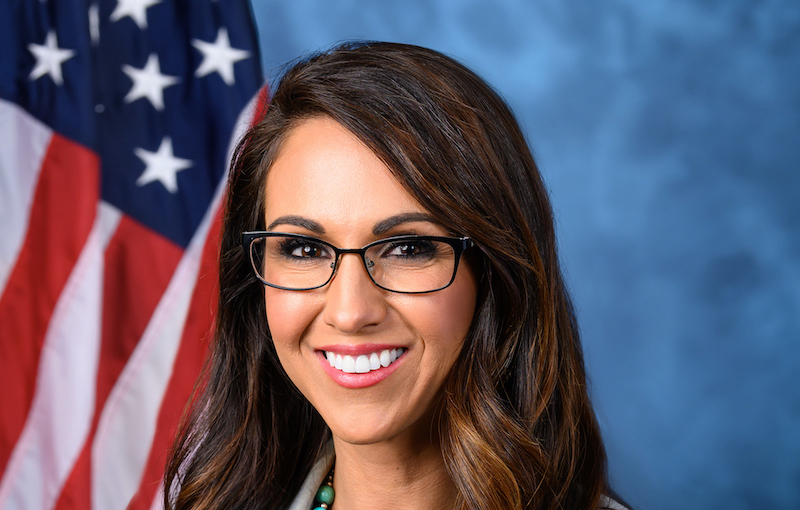Dear Media: It’s time to fundamentally evolve the antiquated, judgmental and humanity-limiting language used to report on addiction. Words matter.
By TreatmentMagazine.com Publishers & Editorial Team
October 22, 2020When Hunter Biden, son of former vice president and current Democratic presidential candidate Joe Biden, was spun through the news cycle last week, it was easy to get swept up in the political drudgery that followed.
One troubling focus of the media, however, had nothing to do with elections or party lines: the younger Biden’s struggles with alcohol and drug use. Hunter Biden has been remarkably candid about those difficulties, as well as his ongoing attempts to become substance-free. Recent events brought new attention—much of it disparaging—to his circumstances. The prevailing response, rather than an acknowledging the significance of a high-profile figure publicly facing and coming to terms with his personal addiction, was instead disappointingly predictable.
This isn’t a partisan issue. It’s not a scholarly debate over semantics. How we speak about, and toward, those who suffer from addiction has real-world consequences.”
At best, Hunter Biden was regarded as an unfortunate distraction, a hurdle to be leaped on the campaign trail. At worst, the language used—whether overt or implicit—framed the candidate’s son as a sociopath, a delinquent and a failure.
That media and public reaction is a damning testament to how little attitudes toward addiction, and specifically attitudes toward those who grapple with it, have changed in our culture. More than 60 years after the American Medical Association declared addiction as “an illness,” and more than 30 years after the American Psychiatric Association classified it as “a brain disease,” it is still too often mischaracterized as a moral deficiency or weakness of will.
This isn’t a partisan issue. It’s not a scholarly debate over semantics. How we speak about, and toward, those who suffer from addiction has real-world consequences. Life-saving legislation is shaped. Clinicians are swayed. People with addiction, many wracked by knee-buckling guilt, receive empathy rather than indifference or scorn.
That media and public reaction is a damning testament to how little attitudes toward addiction, and specifically attitudes toward those who grapple with it, have changed in our culture.”
As our language evolves toward inclusivity, our cultural worldview—not coincidentally—follows closely in its wake. Yet we remain mired in antiquated, judgmental expressions surrounding addiction and substance use disorder. It’s a cruel disservice to us all: Roughly one in every 10 Americans over the age of 12 is addicted to alcohol and/or drugs, the effects rippling across family, friends and neighbors. No one is exempt from this epidemic.
Still, in the treatment space it’s critical to maintain hope: Several weeks ago, on the presidential debate stage, and in front of more than 73 million viewers, a father offered a word for how he felt about his son and his efforts to face substance use disorder head-on: “proud.”
Forget politics. That’s a sentiment we should all get behind.
Photo: Alamy Stock














